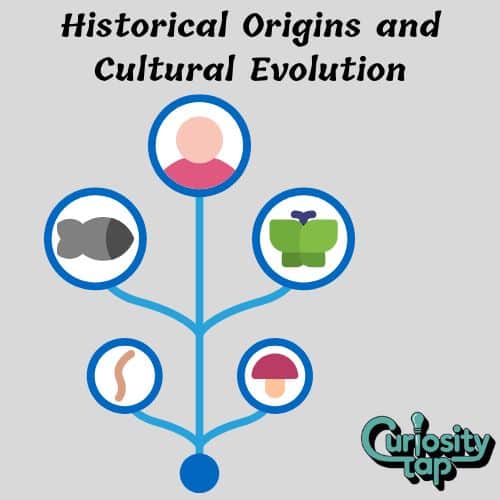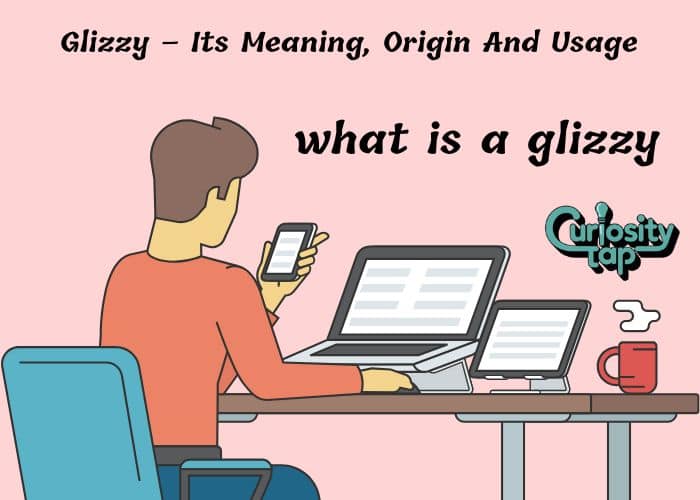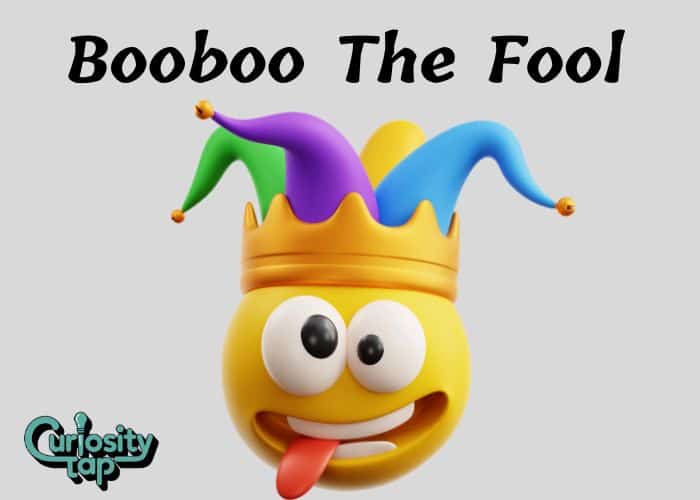In the ever-evolving landscape of modern slang, few terms have captured the internet’s attention quite like “glizzy.” This seemingly simple word has become a cultural phenomenon, sparking countless memes, heated debates, and viral moments across social media platforms.
But what is a glizzy exactly, and how did this term become such a significant part of contemporary American street food culture and online slang?
Understanding the Core Glizzy Meaning
The glizzy meaning primarily refers to a hotdog – that classic American staple found at cookouts, ball games, and food stands across the nation.
However, the term’s journey from Washington DC streets to viral internet fame reveals a fascinating story of language evolution and youth slang adaptation.
When someone mentions glizzies, they’re typically talking about those delicious footlong hotdogs that have become synonymous with outdoor gatherings and sports events.
The term has transcended its original context to become a beloved part of food culture, particularly among younger generations who embrace internet trends and viral language.
The Dual Nature of Glizzy: More Than Just Food
Glizzy as Street Food Culture
In its most popular usage, glizzy represents the quintessential American street food experience.
Picture this: Marcus grabs a gourmet hotdog from a vendor outside the stadium, snaps a photo, and captions it “About to demolish this glizzy!” This perfectly encapsulates how the term has become integrated into everyday food culture.
The glizzies meaning extends beyond just the food itself – it represents a whole cultural moment.
When friends gather for a BBQ or grilling session, someone might announce, “Time to throw some glizzies on the grill!” This usage demonstrates how the term has become part of the social fabric surrounding community bonding and family meals.
The Alternative Meaning: Glizzy in Urban Context
However, the glizzy meaning isn’t limited to culinary contexts. In certain urban dictionary definitions and Washington DC slang, the term has historically referred to a gun.
This dual meaning creates interesting dynamics in social media conversations, where context becomes crucial for understanding the intended message.
When Sarah posts about “packing glizzies for the cookout,” the hashtag #glizzy and accompanying food photos make the meaning clear. Context clues like location tags, food imagery, and social situations help distinguish between the different interpretations of this versatile slang term.
Creative Variations and Glizzy Gobbler Meaning
The internet’s creativity has spawned numerous variations of the original term. The glizzy gobbler meaning refers to someone who enthusiastically consumes hotdogs, often used humorously to describe competitive eaters or anyone who particularly enjoys this street food.
This playful extension demonstrates how meme culture transforms simple words into complex cultural references.
Other popular variations include references to tube steak, meat rocket, and bun torpedo – all creative alternatives that maintain the playful spirit of the original glizzy terminology.
These funny food names have become part of the broader casual eating slang that dominates social media food trends.

Historical Origins and Cultural Evolution
Washington DC: The Birthplace of Glizzy
The term’s origins trace back to Washington DC in the early 2000s slang scene. Initially used in urban life contexts, the word began its transformation from local slang to national phenomenon during the mid-2010s trend explosion on social media platforms.
Local food vendors in DC began embracing the term, with some even naming their establishments after this beloved street food reference.
The American urban culture surrounding the term reflects broader patterns of how regional slang evolves and spreads through digital platforms.
The Social Media Revolution
The transition from regional slang to viral internet phrases happened gradually, then suddenly. Memes featuring glizzy references began appearing on Twitter, Instagram, and TikTok, each platform contributing to the term’s evolution.
The hashtag #glizzy became a rallying point for food enthusiasts and meme creators alike.
Consider how Jake’s viral video of him eating a footlong hotdog at a game day event sparked thousands of responses, each using variations of the glizzy terminology. This demonstrates the power of social language evolution in the digital age.
Modern Usage Patterns and Examples
Social Media Integration
Today’s glizzy usage spans multiple contexts and platforms.
Food bloggers like Emma might post about trying a gourmet hotdog with the caption “This glizzy is absolutely incredible!” Meanwhile, sports fans use the term to describe their stadium snack experiences during important games.
The term has become so integrated into youth food culture that many restaurants and food trucks now use it in their marketing.
The BBQ terminology has expanded to include various glizzy-related phrases that resonate with younger demographics.
Regional Variations and Adaptations
Different regions have developed their own interpretations of glizzy culture. West Coast food trucks might advertise their “California-style glizzies,” while East Coast vendors promote their “authentic DC glizzies.”
These regional variations demonstrate how trending food names adapt to local preferences while maintaining their core cultural significance.
The Glizzy Phenomenon: Cultural Impact and Analysis
Language Evolution in Digital Spaces
The glizzy phenomenon represents a broader trend in how modern slang examples emerge and spread through digital platforms.
Unlike traditional slang that might take years to spread geographically, internet slang for food can achieve global recognition within months.
This rapid evolution reflects changes in how younger generations communicate about food experiences.
Terms like glizzy create shared cultural references that transcend geographical boundaries, creating communities around shared linguistic experiences.
Meme Culture and Viral Content
The relationship between glizzy and meme-driven language demonstrates how food culture and internet humor intersect.
Viral slang terms often emerge from seemingly mundane topics – in this case, a simple hotdog becomes the foundation for countless jokes, references, and cultural moments.
The dual-meaning slang aspect of glizzy (referring to both food and firearms) adds complexity to its usage, requiring users to be mindful of context and audience when incorporating the term into their communications.
Popular Alternatives and Synonyms
The creativity surrounding glizzy has produced numerous alternatives that maintain the playful spirit of the original term:
| Original Term | Creative Alternative | Usage Context |
|---|---|---|
| Glizzy | Frankfurter | Formal/Traditional |
| Glizzy | Tube Steak | Humorous/Casual |
| Glizzy | Meat Rocket | Playful/Meme |
| Glizzy | Bun Torpedo | Creative/Social Media |
| Glizzy | Snack Saber | Gaming/Pop Culture |
| Glizzy | Weenie | Classic/Nostalgic |
| Glizzy | Steam Dog | Cooking Method |
| Glizzy | Ketchup Cannon | Condiment-Focused |
| Glizzy | BBQ Bullet | Grilling Context |
| Glizzy | Link Legend | Respectful/Admiring |
The Future of Glizzy Culture
As social media continues to shape how we discuss food and culture, the glizzy phenomenon shows no signs of slowing down.
Food festivals now feature “glizzy competitions,” restaurants create specialty footlong varieties, and social media influencers build entire brands around hotdog slang.
The term’s evolution from Washington DC streets to global internet culture demonstrates the power of community bonding around shared linguistic experiences.
Whether someone is posting about their cookout adventures or discussing the latest viral content, glizzy has become an integral part of modern food discourse.
Conclusion: The Lasting Impact of Glizzy
The glizzy phenomenon represents more than just another internet trend – it reflects fundamental changes in how we create, share, and evolve language in digital spaces.
From its origins in Washington DC to its current status as a global cultural reference, the term demonstrates the power of youth slang to transform mundane experiences into shared cultural moments.
Understanding what is a glizzy requires appreciating both its literal meaning as a hotdog and its broader cultural significance as a symbol of internet trends and social language evolution.
Whether you’re grabbing glizzies at a sports event or participating in meme culture online, this simple term connects us to larger conversations about food, community, and digital communication.
As we continue to navigate the ever-changing landscape of modern slang, glizzy serves as a perfect example of how viral language can transform ordinary experiences into extraordinary cultural moments.
The next time you hear someone mention glizzies, remember that you’re witnessing the ongoing evolution of American street food culture and digital communication combined into one deliciously memorable term.
Read more knowledgeable blogs on Curiosity Tap
Is this article helpful?

Jackson Pearson is a passionate educator and language enthusiast behind the blog Jackson Pearson. With years of experience in teaching and writing, he specializes in simplifying complex grammar rules, breaking down tricky vocabulary, and crafting learning guides that are both engaging and practical. His mission is to help readers boost their English skills whether they’re beginners or brushing up for fluency. Through every article, Jackson brings clarity, structure, and a spark of curiosity to the world of English learning.



